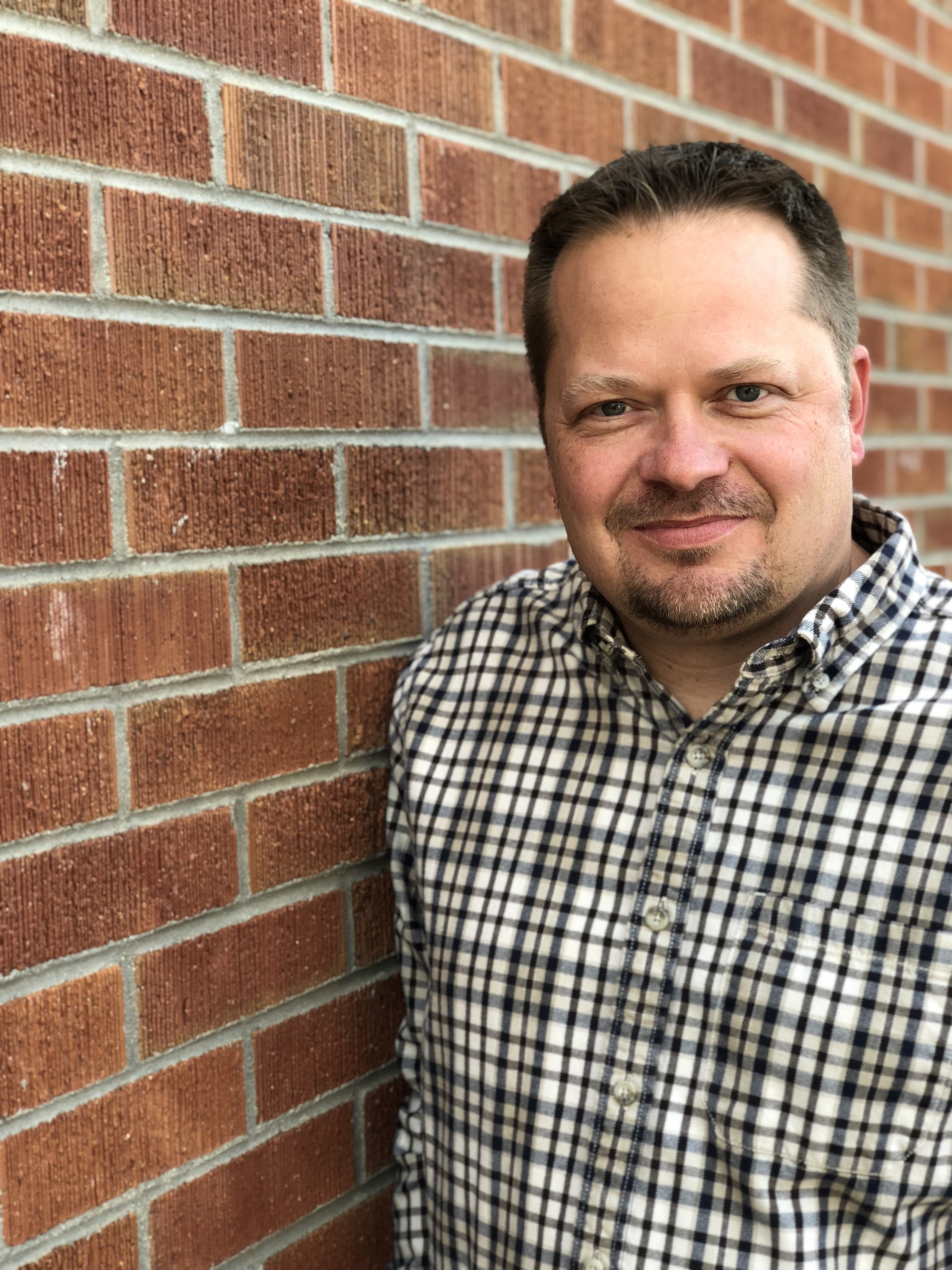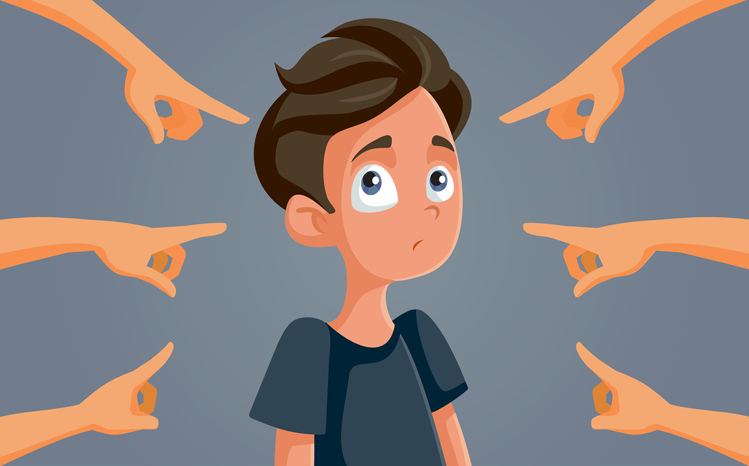If you’ve been reading our articles for any length of time, you have probably noticed some references to Dan Allender and his book The Wounded Heart. WGA periodically offers a specialized focus group for those dealing with the effects of abuse called Survivors of Abuse (SOA). Allender’s book, and the accompanying workbook, have been the “textbooks” we’ve used for this group for many years. His research and experience provide much valuable insight into abuse, specifically sexual abuse. Many of the principles apply to other types of abuse as well.
Among other topics, one that stands out to me in his book is the role contempt plays in the way many people cope with painful, shame-filled experiences. Quoting Allender, “Contempt is best understood in its operation… Contempt is condemnation, an attack against a perceived cause of shame. The condemnation can be against the person whose eyes are penetrating our façade or against the element of our being that is the cause of the shameful revelation. The first option, self-contempt, and the second, other-centered contempt, though different in form, are similar in function.”
In other words, we can be contemptuous of ourselves and the parts within that seem to be the source of our shame; or we can be contemptuous of others who we perceive to be causing our shame.
Self- Contempt
One way that survivors of abuse cope with shame is to turn the blame for the abuse inward. “If only I had been better, more worthy of love, less of a weakling… then I wouldn’t have been abused,” and other thoughts like this are the inner dialogue. “The abuse must be my fault.” These mantras may seem ridiculous written out so plainly, but they are experienced subtly and internally.
I remember being bullied early on in life. Most of the bullying I experienced was verbal. Before I even knew what the word meant, I was labeled a fag. The mocking tone of voice that was used with that word communicated a lot. Something was different or wrong with me. I didn’t fit in and being a “fag” was the reason. The bullies saw something in me. That “something,” my sexuality, became the source of my shame and eventually my contempt.
Over time, I developed a pattern of just absorbing everything as if it were always my fault. Something was clearly wrong with me, so I must be to blame for almost everything. Someone cuts in front of me in line, I really didn’t deserve to have the place I had in that line anyway. My steak isn’t cooked the way I ordered it, but no problem. I don’t want to make waves. I did my best to stay under the radar of everyone else, trying to avoid more abuse from others. But all the while, I was abusing myself with my own contempt and perceived unworthiness.
Other-focused Contempt
Sometimes when faced with pain and wanting an escape from the shame we feel, we direct our contempt and rage towards others. Other people have been the source of my pain, so I will place the blame there. This is appropriate when the one being blamed is the one who abused us. Rather than dealing with the pain and shame directly though, we develop symbols outside of ourselves that represent the causes of pain.
Being a boy seemed to be the source of a lot of problems for me. I sometimes thought that if I had been born a girl, my life would be easier. Not because girls have it easier than boys. I just felt like I would have an easier time fitting in if I had been a girl. The bullying wouldn’t have been there, at least not in the way I experienced it. I made friends with girls more easily. It just seemed like life would have been better if I were a girl. These feeling eventually ebbed into the background, but I still wrestled with what it meant to be a boy.
The shame I felt about not measuring up mostly was directed inward (see above). But, I began to develop contempt for others (and the things they enjoyed) who had the masculine characteristics and interests that I didn’t. I hated football and most other sports because that was what boys were supposed to love. I hated everything to do with farming and ranching, because that is what most of the men in my family and community did for their careers. You would never see me wearing a baseball cap. I’ve been working through much of this (I enjoy football now) , but it is still there. As recently as a few years ago, I refused to go to the rodeo for a WGA event because of my contempt for what seemed like a symbol of masculinity that I wanted to reject.
Bottom Line
Contempt is a self-protective coping mechanism that works to deflect, or get out from feeling shame… either by aiming our disdain on ourselves or onto others.
In my next article, I will discuss some of the functions of contempt, as well as some thoughts about how to address the issue in our lives.

Roger Jones
Executive Director
Roger began working with WGA in October of 1996 as the Assistant office Manager. Since that time, he has worn many hats and served in several different positions, including Assistant Program Director and Operations Director. In April of 2007, Roger assumed the position of Executive Director.
Roger attended West Texas A&M University, where he studied Music Business. Much of his training has been “on the job,” where he was mentored by the ministry’s Founder, Mary Heathman, and the Program Director, Scott Kingry. He holds a BA from West Texas A&M University.
Roger, his wife Jill, and their daughter Julia and son William, attend Celebration Community Church where Jill serves as Senior Pastor.
Make a Difference in Someone's Life
If you enjoy reading WGA’s blogs and would like to show your support, please consider making a donation. Where Grace Abounds is a 501(c)3 non-profit organization. The majority of services, including support groups and discipleship counseling, are provided free of charge. Your financial gifts help to cover the costs associated with offering a free program to those who seek WGA’s services.

